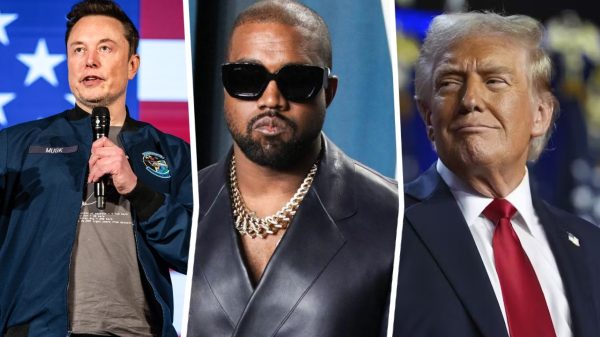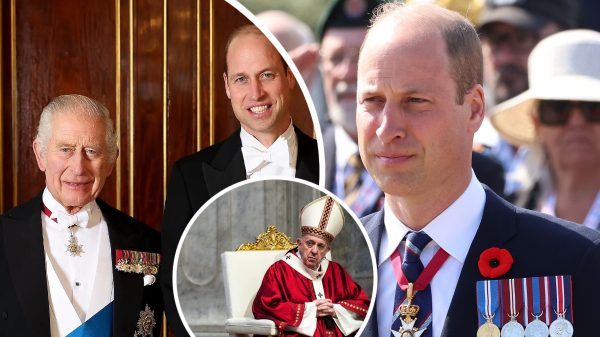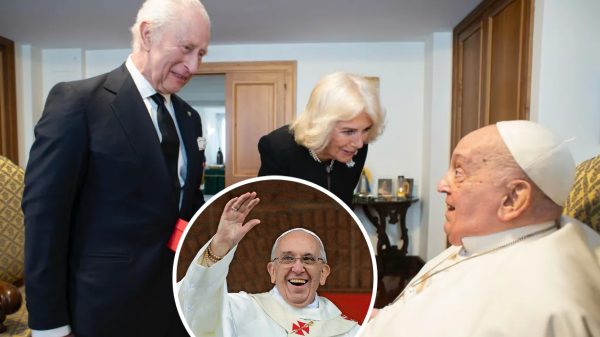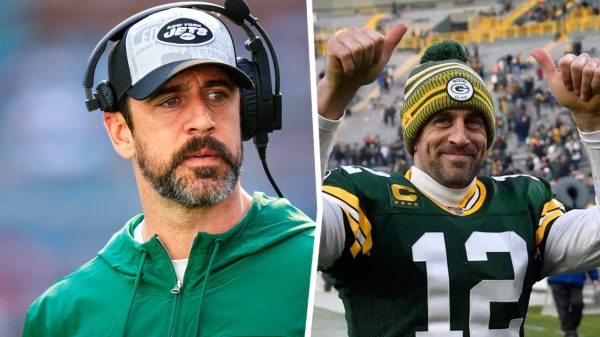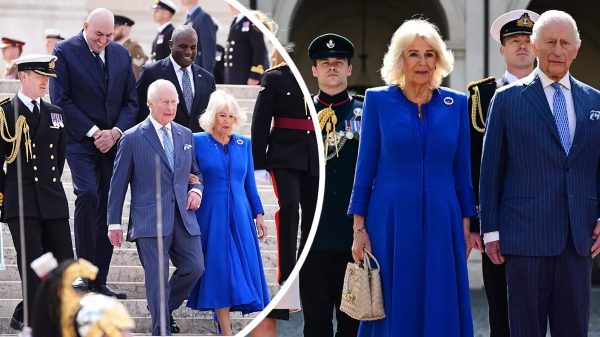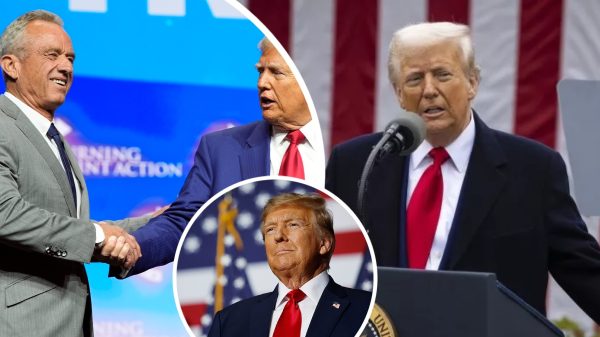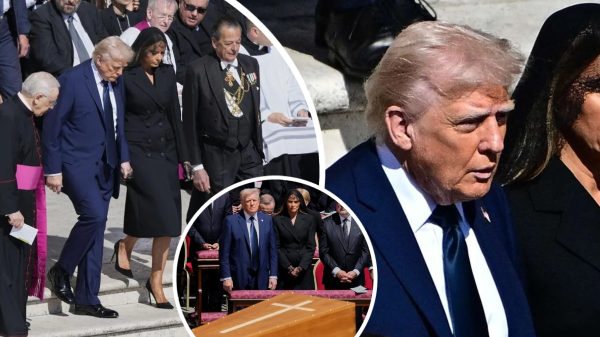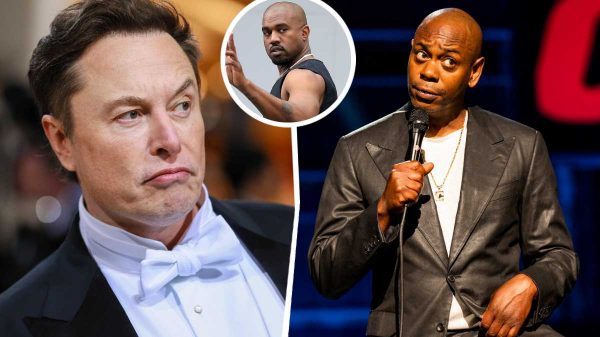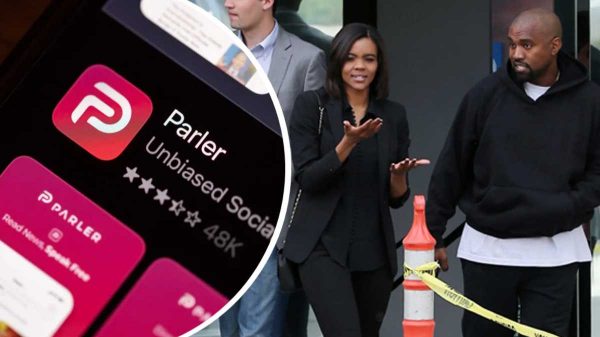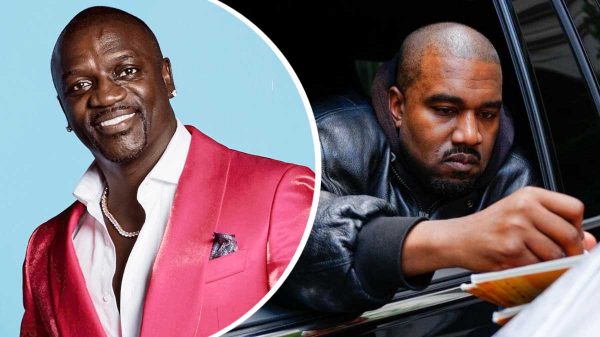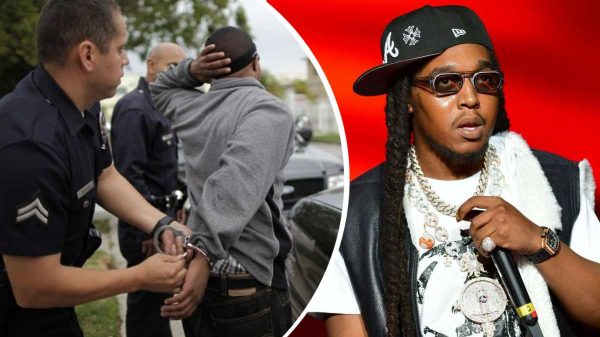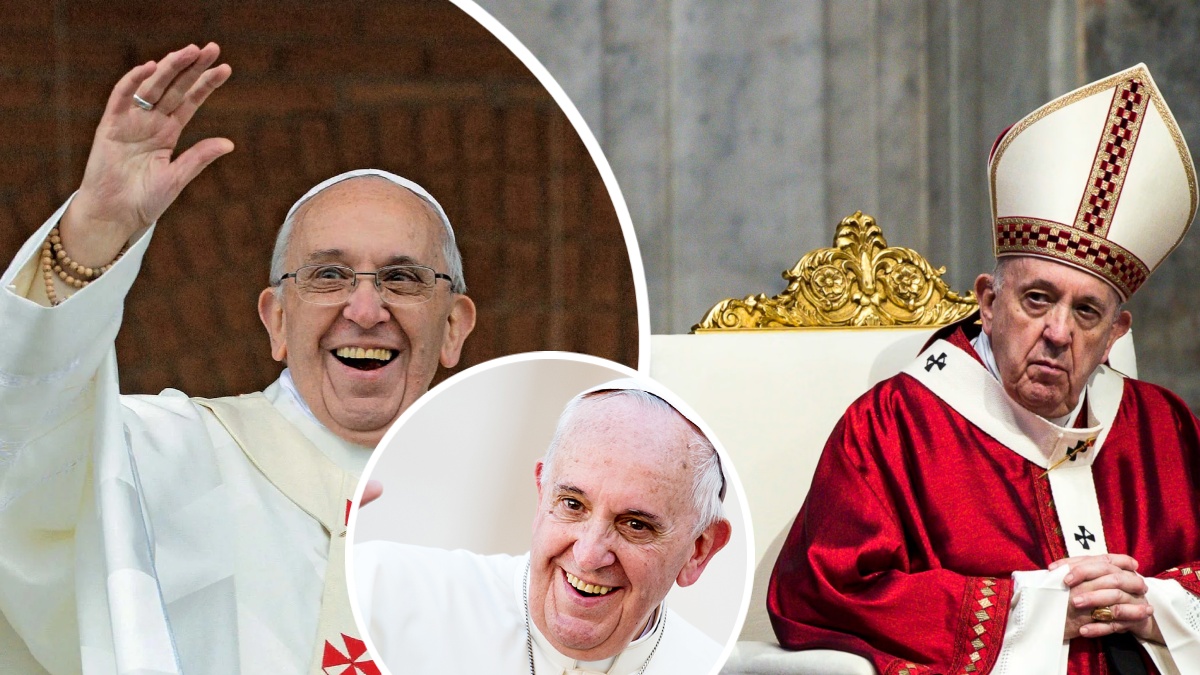Pope Francis, the 88-year-old pontiff who reshaped the Catholic Church with his message of inclusivity and compassion, passed away on Easter Monday after battling double pneumonia, the Vatican announced. The beloved leader, known for his progressive reforms and advocacy for migrants, died at his Vatican residence, Casa Santa Marta, at 7:35 a.m.
Cardinal Kevin Farrell, who managed the pope’s affairs, shared the somber news in a statement: “Dearest brothers and sisters, with deep sorrow I must announce the death of our Holy Father Francis. At 7:35 this morning, the Bishop of Rome, Francis, returned to the house of the Father.” No official cause of death was provided.
The pope’s passing follows weeks of health struggles, including a recent hospitalization for bilateral pneumonia. Just one day before his death, a visibly frail but resolute Francis greeted thousands of faithful in St. Peter’s Square after Easter Mass, waving from his popemobile as crowds cheered “viva il papa!”
Church tradition dictates that the pope be buried within four to six days, followed by nine days of funeral rites. In the coming weeks, the College of Cardinals—comprising 138 eligible electors under age 80—will gather in Rome for a conclave in the Sistine Chapel.
Through a series of secret ballots, they will vote until a successor secures a two-thirds majority. The world will watch for the iconic white smoke signaling a new pope’s election.
Francis’s legacy as a reformer who prioritized the marginalized, clashed with world leaders over immigration, and eschewed papal extravagance will endure. His death marks the end of an era for the Catholic Church and sparks a pivotal transition in its leadership.




